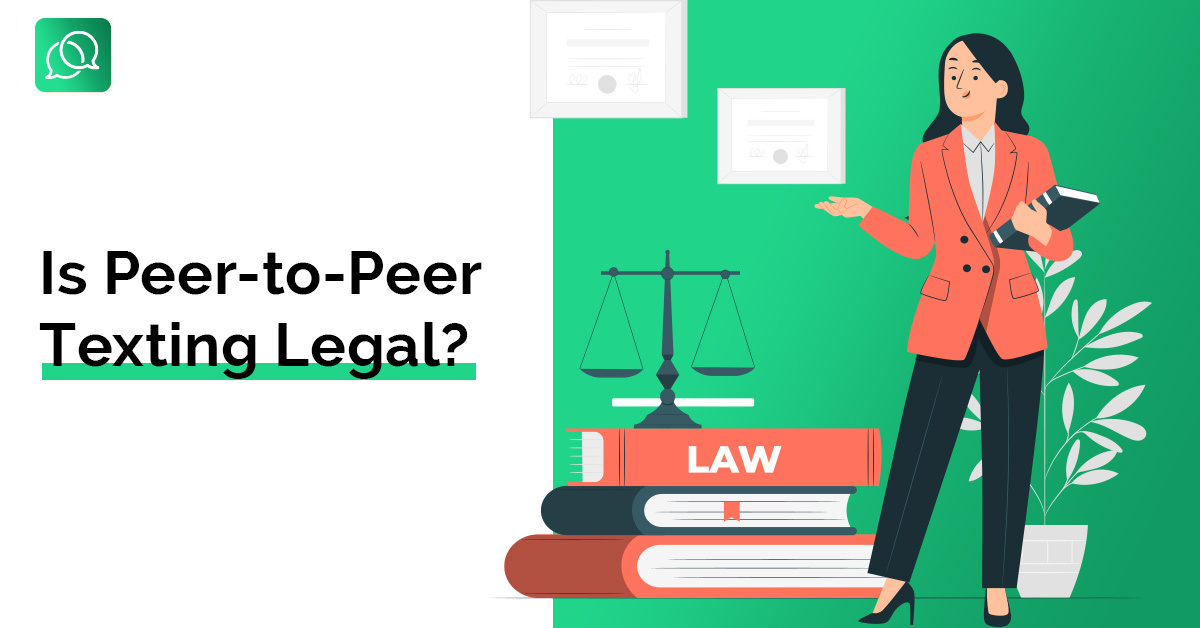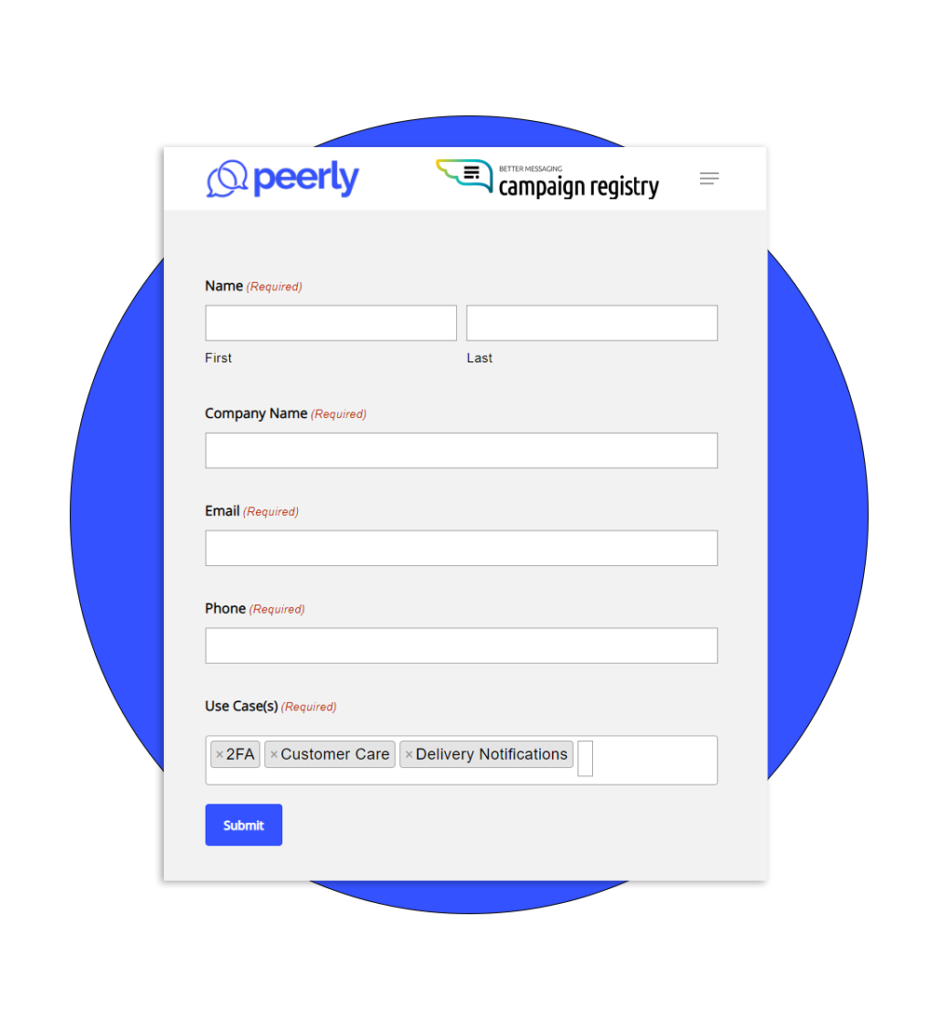
Is Peer-to-Peer Texting legal? Yes, Peer-to-Peer Texting is 100% legal and 100% compliant with all FCC federal laws if, of course, used responsibly and not for commercial solicitation. In the digital age, communication strategies for political campaigns, nonprofits, and businesses have evolved rapidly. Peer-to-Peer (P2P) Texting has emerged as a powerful tool for direct engagement with supporters, customers, and constituents. However, as with any communication method, there are compliance standards to keep in mind.
What is Peer-to-Peer Texting?
Peer-to-Peer Texting involves a person sending text messages to recipients at scale. Unlike traditional mass texting, where messages are sent in bulk, P2P texting involves real-time, personalized conversations between a sender and a recipient. Organizations often utilize P2P Texting for political outreach, fundraising, customer service, and more.
Is Peer-to-Peer Texting Legal?
Yes, Peer-to-Peer Texting is legal and compliant with all Federal Communications Commission (FCC) regulations, as long as it is used correctly and responsibly, particularly avoiding its use for commercial solicitation without proper consent. At Peerly, we are deeply committed to compliance, ensuring that our platform is not only effective but also operates fully within the boundaries of federal laws. Our system requires human-powered sending, meaning that each message is sent by an actual person rather than through automated systems, which aligns with the FCC’s definition of legal P2P Texting. This distinction is critical because it allows organizations to engage in direct, personalized communication without violating regulations that apply to automated messaging systems.
10DLC Registration:
Registering 10DLC (10-Digit Long Code) numbers is crucial for Telephone Consumer Protection Act (TCPA) compliance in P2P texting. Organizations must provide business details through approved providers to ensure legitimacy and transparency in their messaging campaigns. Peerly streamlines the registration process and makes it as simple as possible.
This registration process is part of an effort to enhance messaging security and reduce spam, ensuring that messages are sent by legitimate organizations. Registering will help in maintaining high delivery rates and compliance with regulations. Failure to register can lead to message filtering, delays, or even higher fees, making it absolutely crucial for businesses to complete the 10DLC registration process to effectively communicate with their audience.
TCPA Compliance:
Opt-In Consent:
Recipients must provide express consent to receive text messages, which is a critical component of compliance with regulations governing SMS and MMS communications. Explicit opt-in consent means that recipients must take clear action, such as checking a box on a form or replying “YES” to a prompt, to indicate their willingness to receive messages from your business. This step is essential not only for legal compliance but also for maintaining trust and credibility with your audience. Without proper opt-in consent, businesses risk facing penalties, legal action, or having their messages flagged as spam, which can damage their reputation and lead to a significant decrease in message deliverability.
Message Content:
Organizations must ensure that the content of their messages comply with relevant regulations, such as the CAN-SPAM Act for messages and regulations specific to political campaigns. Messages should be truthful, non-deceptive, and clearly identify the sender.
Regulatory compliance, like that required by the CAN-SPAM Act, involves following guidelines for emails. These guidelines include avoiding misleading subject lines, providing a clear way to opt out of receiving future emails, and including a valid physical postal address. For political campaigns, regulations often impose additional layers of scrutiny, such as disclosure requirements that mandate clear identification of who is funding the communication.
It is essential that all messages be truthful and non-deceptive. Misleading information can lead to reputational damage and legal challenges. This means avoiding exaggerations, false claims, or omitting critical information that could lead to misunderstandings. By adhering to these guidelines, organizations can foster positive relationships with their audiences, minimize the risk of regulatory breaches, and uphold their reputation in the marketplace.
Peer-to-Peer Texting offers a unique and effective way to engage with supporters, customers, and constituents on a personal level. By understanding and adhering to regulations such as TCPA compliance, 10DLC and opt-in consent organizations can harness the power of P2P Texting with peace of mind and confidence. As technology continues to evolve, staying informed and proactive about legal compliance will remain crucial for successful P2P texting campaigns.
P2P Texting is a powerful tool that allows organizations to connect with supporters, customers, and constituents in a more personal and direct manner. This approach is so effective because it allows for tailored messages that resonate more deeply with the recipient. In this day and age, the ability to have a personalized one-on-one conversation with a supporters or constituent is a game changer in the industry!
Sign up for an account to get started or book a call with us if you have questions.



